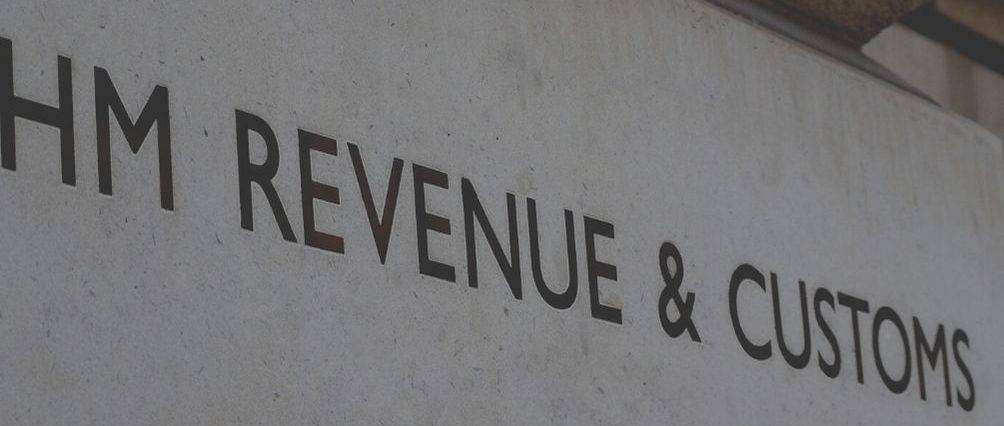From 1 February 2023, HMRC is reducing its option to tax service which will increase risks for taxpayers, their solicitors and agents when dealing with property transactions, especially when trying to achieve a VAT-free Transfer of a Going Concern (TOGC).
Previously, HMRC have provided acknowledgement letters to taxpayers and their agents when an option to tax was notified. This acknowledgement letter has been vital in thousands of transactions, evidencing that an option to tax had been notified over the property being transferred. This certainty is a key component in ensuring a valid TOGC occurs without VAT.
From February, HMRC will no longer provide either an acknowledgement letter, or even a receipt letter, confirming an option to tax has been submitted. Interested parties will need to ensure that options to tax are notified by email and that the email receipt from HMRC is obtained and filed in the records of the taxpayer (for at least 6 years by law, but ideally for 20+ years). This receipt can help prove notification but offers little in the way of HMRC’s view on or acceptance of the option, particularly where the option contains contentious aspects.
If taxpayers, solicitors and their agents are unable to evidence a valid option was notified, then this could severely impact property transactions, sometimes many years later.
More onerously, if a taxpayer does not have evidence that an option was notified in the past, HMRC will no longer accept requests for confirmation an option is in place, except in limited circumstances. This will increase the risk (and frustration) for taxpayers and their legal advisers/agents when dealing with TOGCs. Professional advice should be sought promptly in these circumstances.
In the absence of HMRC confirmation, taxpayers will either be required to rely on each other’s statements or increase warranties in the sales agreements, neither of which are ideal. However, your VAT advisor may be able to offer alternative solutions.
VAT is a potentially costly matter in property transactions and we have considerable experience advising on the option to tax and other key VAT aspects involved. VAT issues can often find themselves at the end of the checklist of issues being addressed, and late attention to VAT often results in transactions being delayed. Prioritising VAT matters and early involvement of VAT advisors is highly recommended to minimise VAT risks and meet transaction deadlines.
What next?
If you would like to speak to a member of the Gravita VAT team about the VAT option to tax, or any other area of VAT, please contact us today.




